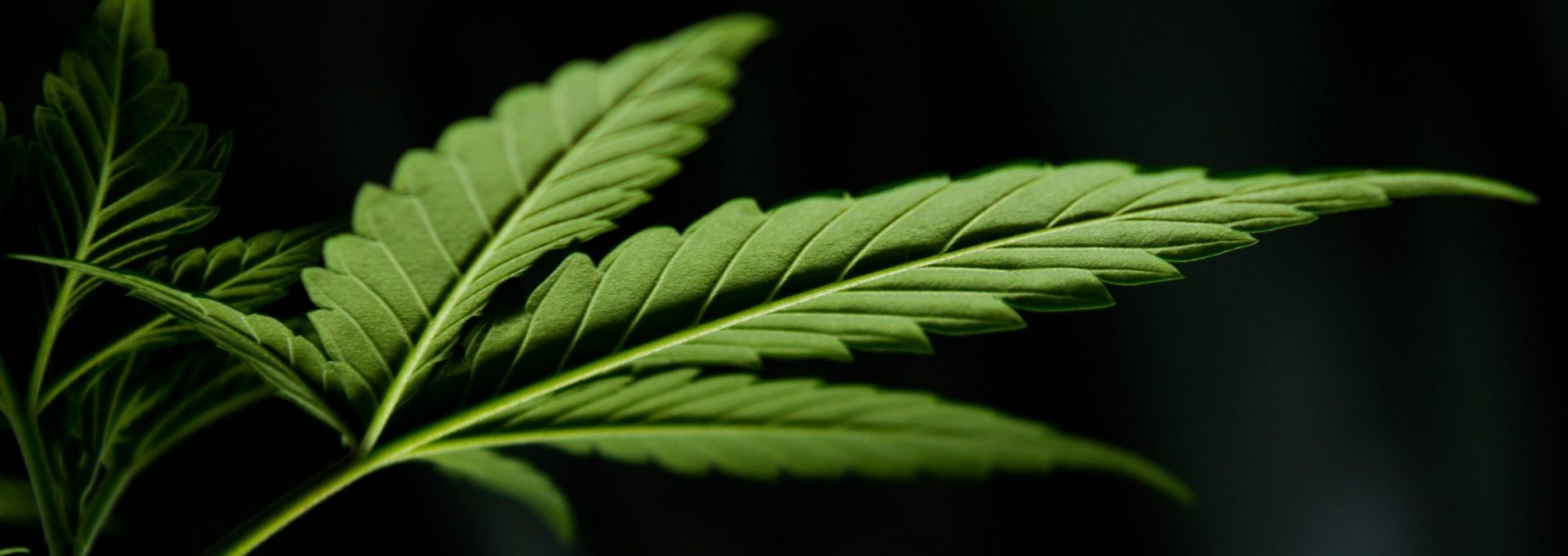Lars Olafsson’s efforts to bring the facilitators of perhaps the largest swindle in the cannabis if not the crypto space to justice is also playing out against a much wider trend of prosecutions for benefitting from if not enabling grotesque fraud and other crimes that have hurt millions of people
As Lars Olofsson and his team prepare to file their first Juicy Fields related lawsuits next week, investors and others now looking on (including many of the people and firms Olofsson is also lining up to sue and now naming and shaming), the world is looking remarkably different than it did just this summer.
Indeed, one of the new post-Covid trends may be that western legal systems, if not those people and institutions responsible for enforcing laws, not to mention anyone who takes on clients, are realizing that without criminal prosecutions for such outrageously, deliberately criminal behaviour, this kind of thing will only get worse. Indeed, fraud of such kinds has gotten progressively more obvious, in many parts of the world since the turn of the century. Some of this apparent insouciance about criminal behaviour also certainly dates from the banking meltdown in 2008, of which the current disintegration of the value of crypto is just the digital version.
It certainly appears as if the world has clearly changed in this regard. Nobody is currently talking about letting the perps walk, unscathed if not punished by prison time, this time around.
Banks and Tech Firms Are on The Front Lines
This trend is showing up in several places of late, far beyond cannabis, although on both the social media and financial front, it is certainly intricately connected. See the recent wrist-slapping of Kim Kardashian for promoting crypto via her social media accounts.
In the United States, every social media platform is now facing a reality where their protections are likely to be significantly infringed if not removed. An American Supreme Court case where they could be held liable for the damage caused by their algorithms has now been granted certiorari (the right to be heard by the Court).
This is an interesting development that will certainly influence the prosecution of Juicy Fields facilitators. Namely, the fact that so much promotion for Juicy Fields was pushed via social media and well-connected influencers online creates the obvious question. Namely, could the social media platforms themselves be held liable for not forcing the material offline (as they have done for many legitimate cannabis companies).
The second is that in Sweden, the Supreme Court also just ruled that banks can be held liable for not being diligent enough to stop grotesque frauds. Such a judgement is unlikely to be ignored elsewhere.
Both are significant legal developments that will almost certainly have a much wider impact than just the Juicy Fields case. That said, both will almost certainly help the legal challenges now being finalized by Olofsson and his team.
The reality is that any progress Olofsson makes benefits not only his clients who lost money, but the rest of us – who must navigate a world full of remarkably similar propositions.
Fraud is Rampant – But Victims are Fighting Back
However, it is not just the Juicy Fields investors who are standing up for themselves. This is a marked change of tempo after several decades (at least) of the increasingly rich and powerful running roughshod over the rest of us.
Here is just a snapshot of how victims are responding if not courts finally meting out justice to those who had no business being as “successful” as they were as their success was based on either grotesquely fraudulent and or criminal behaviour with international impact.
Several of Jeffrey Epstein’s victims are now suing the banks that collaborated with him. As of this week, that involves class actions filed against both JP Morgan Chase and Deutsche Bank.
Beyond this, the sentencing of Elizabeth Holmes (who mothered two children as the legal drama about the collapse of her company due to false claims gathered steam) for her role in the Theranos disaster may also herald a much overdue change in how white collar crimes are prosecuted (and their perpetrators sentenced). Motherhood is not an excuse or a get out of jail card.
The collapse of the crypto exchange FTX has also focussed both investors and regulators on how necessary it is to row in not only the tech firms that create social media, but also those on the front lines of the crypto revolution. The fact that this meltdown is already having a contagious effect on not only the price of crypto generally, but also larger hedge fund investors behind many of them, may also be the final nail in the coffin for regulation of this part of the financial industry, globally.
How all of these developments impacts the facilitators of a crypto and cannabis firm that was never kosher will be interesting to watch. But the fraud and its aftermath are certainly unfolding in a world that appears to be tired of an endless stream of graft, theft, and powerful people who knowingly profit from the same.
The Cannabis Industry Needs a Good Shakeup
Unfortunately, the cannabis industry, which has come of age during the last decade is not immune to such influences. Indeed, it is a growing lament of many within the legitimate industry that “legalization” has just swapped one set of criminals for another. However, beyond that, both banking, including of the alt digital kind, and social media, have played a huge role in creating the industry as it is today.
One of the reasons that Juicy Fields was allowed to operate, unchallenged, was that they spread a huge amount of money around – to professionals in the marketing, legal, cannabis and crypto space – all of whom just took the cash.
However, another reason that the industry did not publicly challenge the company and demand that it be shut down (or refuse their funds) is because too much of what the firm did is echoed if not directly taken from the industry as it is, today, even in Europe.
The masterminds behind the Juicy Fields fraud, in other words, were players who fit into a world where fraud, theft, lies and corruption are an everyday fact of life if not a necessary survival skill.
But beyond these people, as well as the perpetrators they bribed to take the wrong side, there is perhaps finally, a turning in the world. Namely that this kind of behaviour, especially when exposed, needs to be properly punished and the perps jailed.
We are a long way from 2008 and the financial meltdown in terms of years. However, the missing piece of that disaster was that nobody was ever really held accountable.
Perhaps this time will be different. Here is hoping that it will be.









